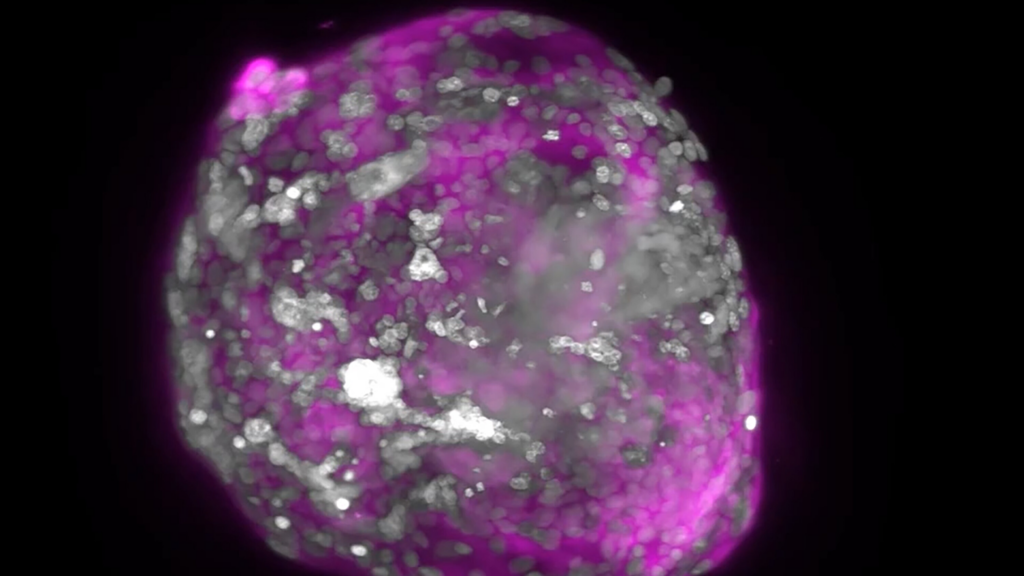A fertilized human egg grows into a 200-cell hollow ball and inserts itself on the uterine wall in its first week. It splits into human tissues in three weeks. Those vital weeks are mostly unknown. “We know the basics, but the very fine details we just don’t know,” said Jacob Hanna, a developmental biologist at the Weizmann Institute of Science in Israel.
Dr. Hanna and other scientists are constructing lab models of human embryos to find out. They’re getting stem cells to form embryo-like aggregates. These trials were reported by Dr. Hanna’s Israeli team, Britain, the US, and China this month.
While not yet published in scholarly publications, the experiments have drawn interest from other scientists who have hoped for years that such discoveries might ultimately illuminate early human development. Ethicists have warned that embryo models might further complicate the regulation of this research.
However, the researchers stressed that they had not generated embryos and that their clusters of stem cells could never become humans. “Our aims are never for human reproduction,” said Kunming University of Science & Technology developmental biologist Tianqing Li. Dr. Li and his colleagues think embryo models may help cure infertility and cancer.

Human embryo models are introduced by scientists.
Magdalena Zernicka-Goetz, a developmental biologist at Cambridge and the California Institute of Technology, led another project. Developmental scientists studied solely miscarriage and abortion embryos for decades. Scientists have fundamental doubts regarding human development. In the first week and during implantation, 30% of pregnancies fail.
Why most embryos die has baffled researchers. Scientists studied fertility clinic embryos after in vitro fertilization was developed in the 1970s. Some governments forbade the research, while others authorized it for 14 days. The human embryo develops crucial traits by then.
The basic streak organizes the body’s head-to-foot layout. Because embryos could only survive a few days after fertilization, the 14-day rule was irrelevant for years. In 2016, Dr. Zernicka-Goetz’s team and another team kept embryos alive close to 14 days, complicating matters. Scientists killed embryos.
